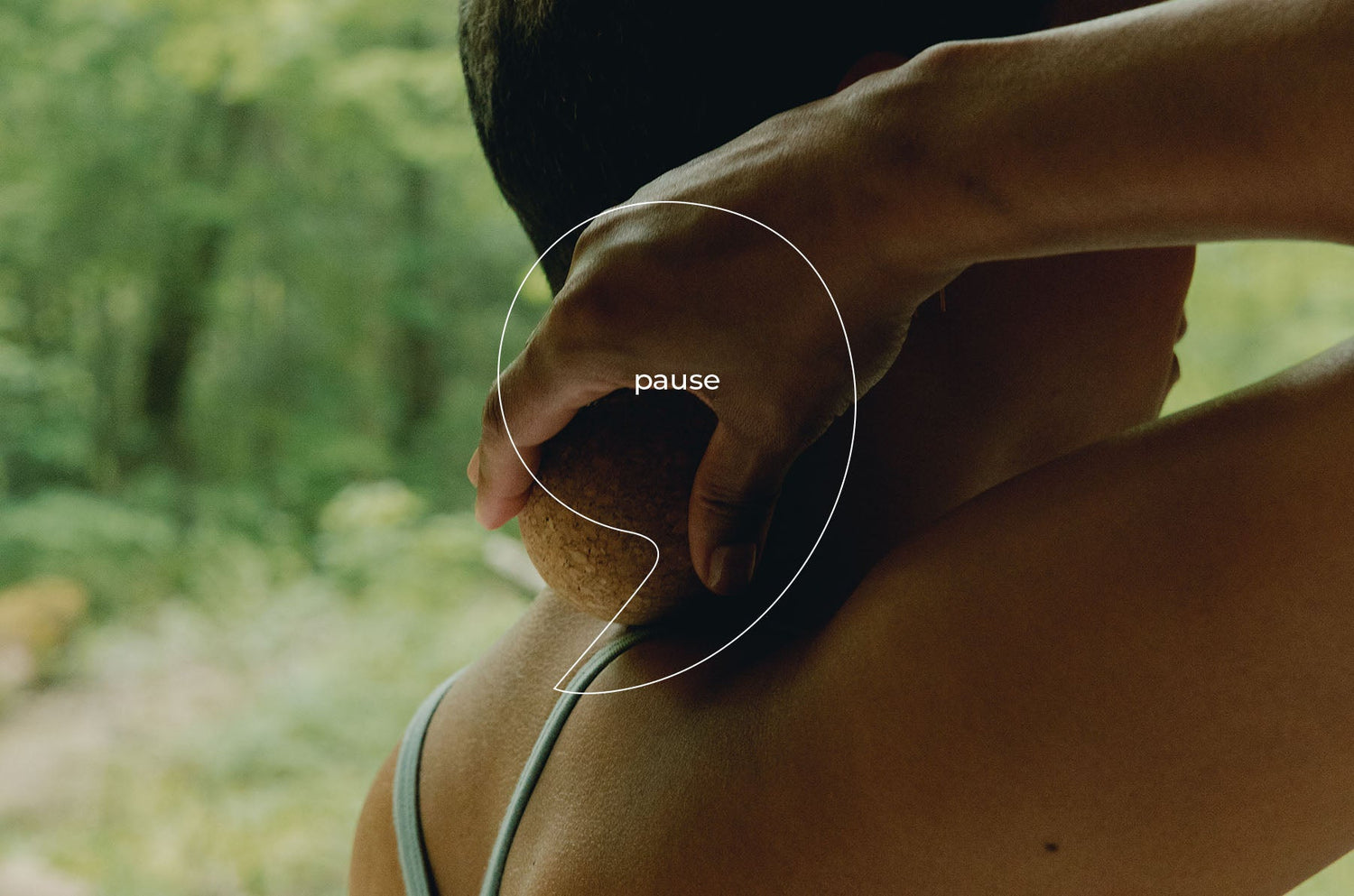Many of you have honoured us with amazing feedback on our products. We are learning what you love, where we’re succeeding at our goals and where we can grow. This outpouring of input has led us to reflect on feedback and the incredible difficulty that many of us have in accepting it with grace and using it to improve.
For many of us, one of the most nerve-wracking things in our lives, whether personal or professional, is receiving feedback. Whether it’s offered to us, or whether we ask for it, we often face feedback with a knot in our stomach. Often we are left with the same question… Why?
Aside from committing to always doing our best, receiving feedback is the one of the only ways we can grow. It lets us know the things we are great at so we can do more of them. It also lets us know our shortcomings so we can work on them. In short, feedback gives us a starting point and direction for growth.
 The ability to graciously receive feedback is a skill that many of us desire to cultivate. In that spirit, here are some of our reflections on making the most of the feedback you receive, whether positive or negative.
The ability to graciously receive feedback is a skill that many of us desire to cultivate. In that spirit, here are some of our reflections on making the most of the feedback you receive, whether positive or negative.
Remember that Feedback is a Gift
One of the best ways to counteract that knot in your stomach is to remind yourself that honest, specific feedback is one of the greatest gifts you can receive from another person. How AWESOME is it that another person is willing to spend time and energy reflecting on your performance and sharing that information with you?! When you treat feedback as a gift and receive it with a spirit of openness and thankfulness, you are far more able to reap the benefits it has to offer.
Look Beyond the Presentation
Let’s be honest, although feedback is a gift, sometimes it’s not packaged in a way that’s easy or pleasant to receive. We’d all prefer it if our feedback was given to us with kind words and in love, but sometimes feedback comes to us from someone who is reacting in the moment, without thought about their words or manner. In those moments, it’s important to remember that that person’s reaction is not about you, it’s about them. Once you can separate yourself from their strong emotional response, you can start earnestly searching for the grain of truth in their words.
Ask for Clarification
Feedback is most useful when it provides us with specific information on things we’re great at or on areas in which we need to grow. Sometimes, well-meaning people give feedback that lacks this critical information. You’ve probably heard feedback like this before. Input like “Great job!” or “You really bombed that” tell us that there’s something we did (or didn’t do) well, but doesn’t tell us what that thing is. Being an active recipient of feedback means asking for clarification when you don’t understand what you need to do more of (or what you need to do differently next time). Sometimes asking for clarification on feedback, particularly negative feedback, can be intimidating, but it is so worth the effort to get information that will allow you to grow!
Graciously receiving feedback is not a skill that is built overnight, it is an ability that is cultivated and honed through deliberate practice. Every time you take the incentive to treat feedback as the gift that it is, look beyond the way in which it is delivered, and ask for clarification when you need it, you are building your ability to be an active recipient of feedback in your own life. As we all know, that process is never easy, but it is absolutely worth it!
Think about the last time you received feedback. How did you feel when you received the feedback? Were you able to benefit from the feedback you received? Why or why not? Take a moment to resolve to be an active recipient of the feedback you receive in your life.




















































